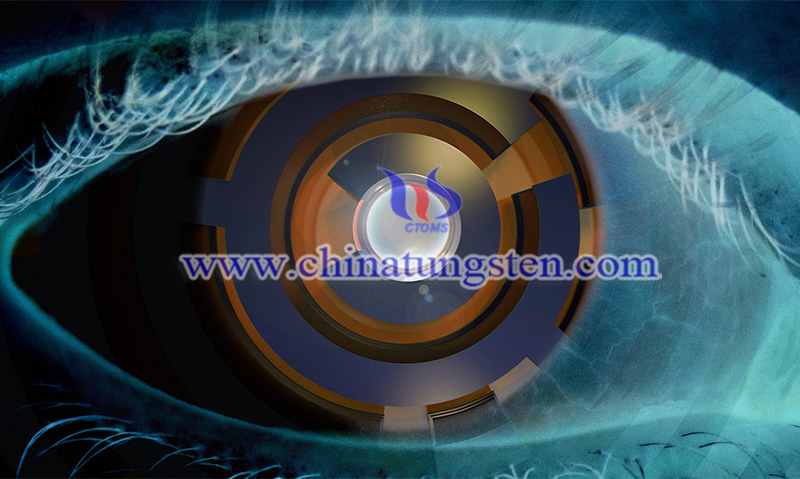TU Wien Develops Tungsten Diselenide Chip for Image Recognition
- Details
- Category: Tungsten's News
- Published on Wednesday, 29 April 2020 21:48
Researchers at the Vienna University of Technology (TU Wien) have developed an ultra-fast image sensor based on tungsten diselenide with a built-in neural network for image recognition. After training, this sensor can be used to recognize certain objects in nanoseconds, according to foreign media reports.
Nowadays, automatic image recognition technology is widely used, and some computer programs can reliably diagnose skin cancer, navigate self-driving vehicles, or control robots. So far, the above applications have relied on ordinary cameras to evaluate the image data, and this process is time-consuming, especially when the number of images recorded per second is high, which will generate a large volume of data that is difficult to process.
Therefore, scientists at TU Wien took a different approach, using a special 2D material, and developed an image sensor that could be trained to identify specific objects. The tungsten diselenide chip represents an artificial neural network capable of learning. Without the need to read and process data by the computer, the chip itself can provide the information currently seen in nanoseconds.

Neural networks are artificial systems similar to the human brain. The nerve cells of the human brain are connected to other nerve cells. When a cell is in an active state, it will affect the activity of neighboring nerve cells. Artificial learning on the computer works according to exactly the same principle. The neuron network is digitally simulated to change the intensity of one node on the network to another node until the network shows the behavior required by the researchers.
The researchers said: "Typically, the image data is first read out pixel by pixel and then processed on the computer. On the other hand, integrate the neural network with its artificial intelligence directly into the hardware of the image sensor. This makes object recognition many orders of magnitude faster."
The chip was developed and manufactured by the TU Vienna and is based on a photodetector made of tungsten diselenide, which is an ultra-thin material consisting of only three atomic layers. The photodetectors (the "pixel" of the camera system) are connected to a small number of output elements, and such output elements provide the result of object recognition.
The researchers said: "In our chip, we can specifically adjust the sensitivity of each individual detector element, in other words, we can control the way the signal picked up by a particular detector affects the output signal. All we have to do is simply adjust a local electric field directly at the photodetector. This adaptation is done externally, with the help of a computer program. One can, for example, use the sensor to record different letters and change the sensitivities of the individual pixels until a certain letter always leads exactly to a corresponding output signal. This is how the neural network in the chip is configured, making some connections in the network stronger and others weaker."
Once the learning process is completed, there is no need for a computer, and the neural network can work alone. If a certain letter is presented to the sensor, a trained output signal can be generated within 50 nanoseconds, for example, a numeric code indicating the letter that the chip has just recognized.
The researchers said: "At present, the test chip we have developed is small, but you can easily scale up the technology depending on the task you want to solve. In principle, the chip could also be trained to distinguish apples from bananas, but we see its use more in scientific experiments or other specialized applications."
Besides, the chip developed by TU Wien with tungsten diselenide photodetector is not just used in image recognition, it can also be used in high-speed applications, from fracture mechanics to particle detection and other research fields, and it can be used to study events that occur in a short time.
- Tungsten Manufacturer & Supplier, Chinatungsten Online: www.chinatungsten.com
- Tungsten News & Prices of China Tungsten Industry Association: www.ctia.com.cn
- Molybdenum News & Price: news.molybdenum.com.cn
- Tel.: 86 592 5129696; Fax: 86 592 5129797; Email: sales@chinatungsten.com



 sales@chinatungsten.com
sales@chinatungsten.com